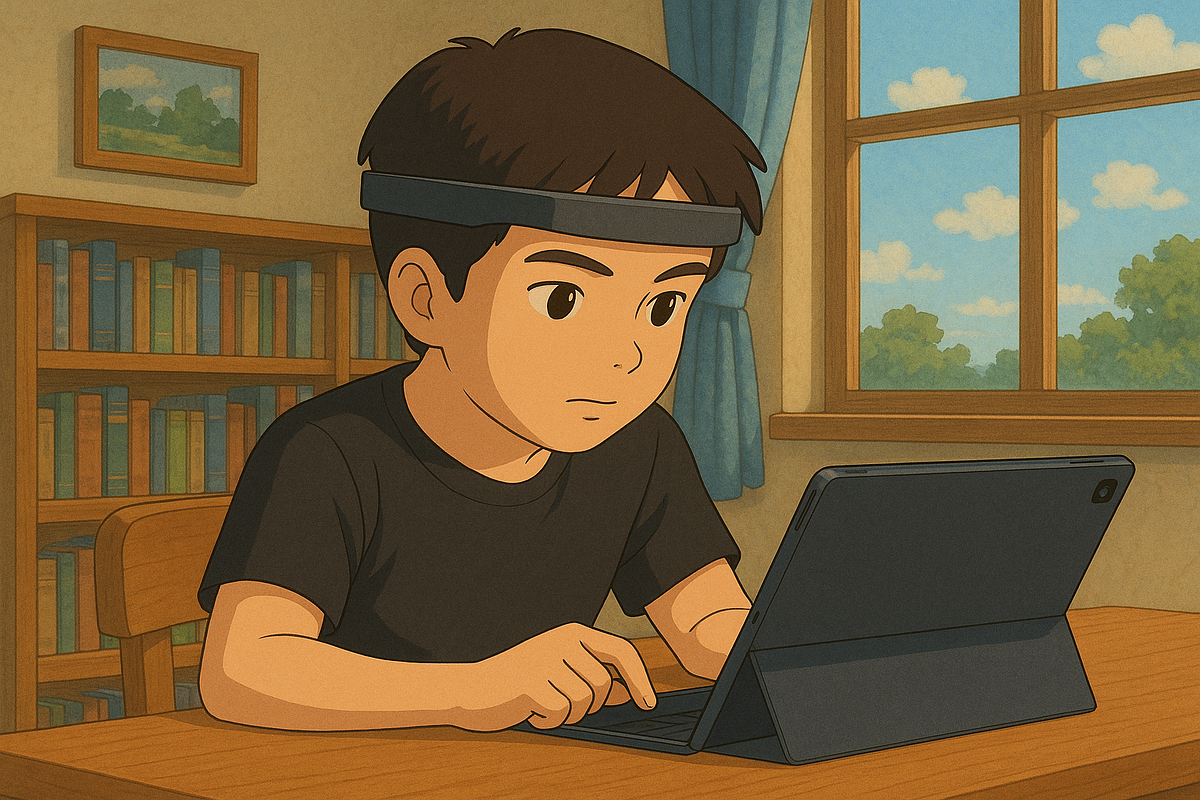A recent scoping review published in JMIR Cancer examines internet-based cognitive behavioral therapy (ICBT) interventions designed for caregivers of cancer patients. The review highlights the emotional and physical challenges faced by caregivers and underscores the importance of addressing their mental health needs.
Cancer not only affects patients but also imposes significant stress on their caregivers, leading to a rise in anxiety and depression among this group. Traditional cognitive behavioral therapy (CBT) often falls short due to geographical and time constraints, leaving caregivers without timely support. In response, ICBT has emerged as a viable alternative, utilizing online platforms to provide accessible care.
The study systematically reviewed literature from various databases, including PubMed and Cochrane Library, up until June 2024. It focused on intervention studies that implemented CBT for caregivers via the internet, WeChat, or mobile devices. A total of 12 studies met the inclusion criteria, revealing a variety of intervention components.
Key findings from the review include: – **Intervention Content**: Common components of ICBT programs included treatment initiation (41% of studies), cognitive education (58%), emotional expression (50%), behavioral training (75%), and follow-up consolidation (25%). – **Duration**: Most interventions lasted between 6 to 8 weeks. – **Outcome Measures**: The review assessed feasibility, acceptability, caregiver burden, anxiety, depression, and quality of life. – **Effectiveness**: ICBT showed positive outcomes in reducing negative emotions and alleviating stress for caregivers. However, improvements in quality of life were not statistically significant, indicating a need for long-term follow-up.
Participants reported high satisfaction rates regarding the quality of information and skills acquired through ICBT. Recruitment rates varied, with some studies reporting less than 50% participation. Attrition rates ranged from 3% to 16%, suggesting that while ICBT is generally well-received, retention remains an issue.
The review concludes that ICBT presents a practical and flexible solution for supporting cancer caregivers, though it also emphasizes the need for standardized intervention formats and culturally appropriate online platforms. By refining these strategies, the aim is to improve the mental health and overall quality of life for caregivers in China.
This scoping review highlights the importance of mental health interventions for caregivers, showcasing ICBT as a promising method to tackle the unique challenges they face.



